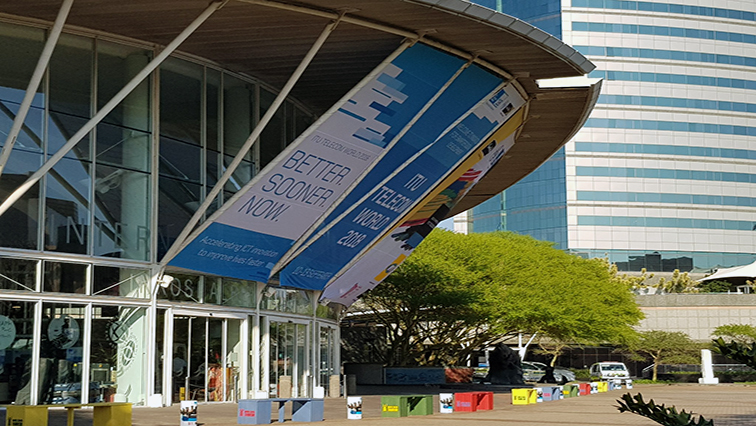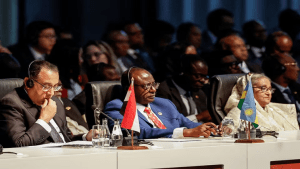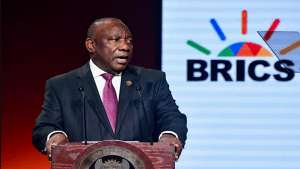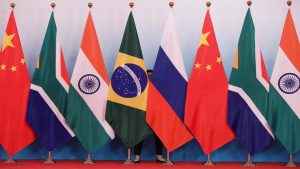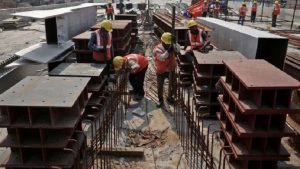BRICS is a step closer to establishing an Institute for Future Networks. This emerged from the declaration that was adopted at a summit of BRICS telecommunication ministers in Durban.
The institute will study the rollout of 5G networks, among other things. After India initially proposed to set up the institute, the ministerial summit has decided that individual countries will continue with their own research, while setting up a secretariat to govern the institute.
South Africa’s Minister of Telecommunication and Postal Services Siyabonga Cwele says BRICS countries are moving forward with plans to establish a BRICS Institute for Future Networks.
This emerged at the end of a ministerial and business summit in Durban attended by delegates from Brazil, Russia, India, China, and South Africa. Cwele says the institute will research the rollout of 5G and other future mobile networks:
“We have agreed that we will start by decentralising it, and while we are preparing for that institute at the individual country level, then work and form this secretariat which will coordinate so that we eventually evolve with this institute which will be a key research institute to assist BRICS countries to be at the cutting edge of all the future networks as they evolve.”
This comes after India initially proposed that the institute is set up in their country. This week, however, India excluded Chinese cell phone manufacturers Huawei and ZTE from their accelerated trials to roll out 5G networks.
Meanwhile China’s Minister of Industry and IT, Chen Zhaoxiong, says his country will continue research being done by the Chinese Academy of ICT. He says China will share their own research with fellow BRICS countries.
“ICT’s developing very rapidly and it is very necessary to establish the Institute for Future Networks. It will not only identify the priorities for our ICT cooperation among BRICS, but also it will play as a very important platform to coordinate policies and to build the interconnected infrastructure – and to promote the internet applications.”
India’s Minister of Communication, Manoj Sinha, has announced that his country has started phase 2 of its 100-million dollar Pan African project on e-health and e-education. He invited South Africa to take part in the project.
“I’m delighted to announce the launch of Pan Africa phase 2 project on 10 September 2018 in New Delhi which is more than hundred million dollars remarkable project, connecting India and Africa in the field of e-health and e-education with network of universities and hospitals.”
Cwele highlighted decisions to work towards standardising mobile networks among BRICS countries, while also boosting cyber security and protecting intellectual property rights.


